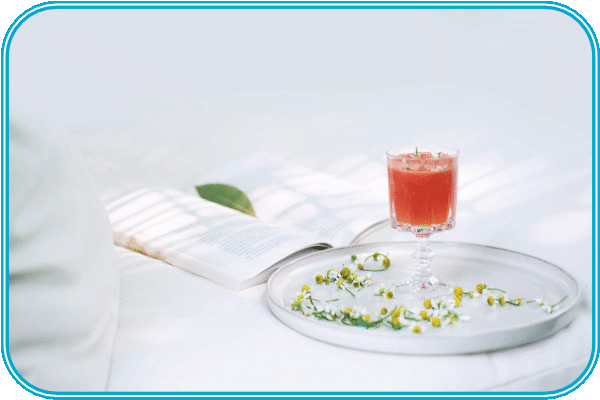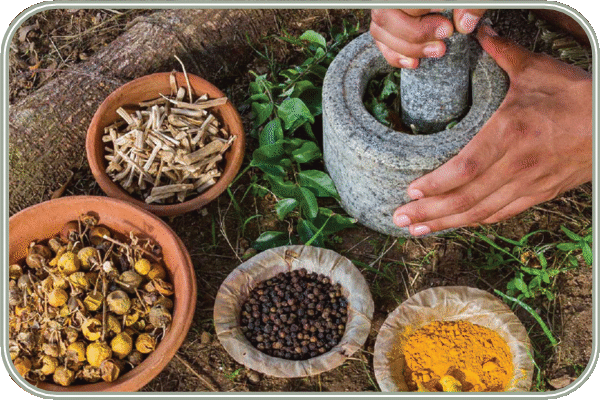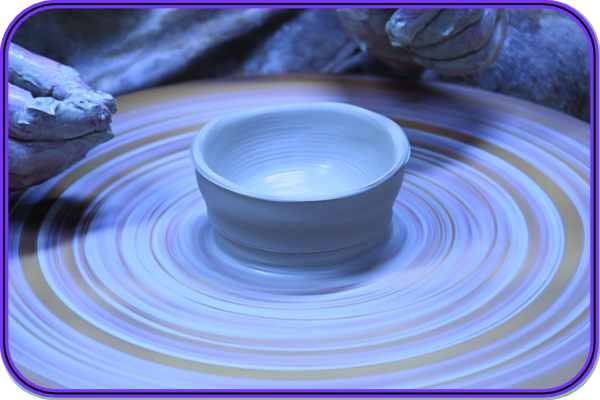Anxiety is the emotion associated with the spleen in tcm
![]() Anxiety is related to the element Earth, and to the organ of the Spleen. It covers the following range of emotions: worries, obsessive thoughts, worry, mental rumination, intellectual overwork etc.
Anxiety is related to the element Earth, and to the organ of the Spleen. It covers the following range of emotions: worries, obsessive thoughts, worry, mental rumination, intellectual overwork etc.
The Spleen is located in the left hypochondrium. In TCM, the Pancreas is attached to the function of the Spleen and forms an energetic couple with the Stomach, both belonging to the Earth element.
Anxiety, called “Jiao Lu” in Chinese medicine, is a state that everyone may experience occasionally when faced with a difficulty in life. However, if this state is persistent and repeated, it can seriously affect daily life. At this point, we speak of neurosis or psychological disorders.
Apart from the phenomenon of unjustified intense fear, in pathological anxiety states various symptoms are observed such as difficulty in concentrating, memory loss, sleep disorders, irritability, sweating, palpitations, shortness of breath, discomfort in the chest, etc. People with anxiety are no longer able to solve their problems themselves.
Excessive intellectual work, for example in students, as well as excessive worry, often causes a dysfunction of the Spleen/Pancreas by tying up the Qi. Conversely, a Spleen/Pancreas imbalance will tend to make the person anxious.
The spleen houses the Thought (Yì 意)
Indeed, TCM considers that the Spleen houses the Thought (or Yì). It is through the Spleen that we can concentrate, memorize and think. If the Spleen Qi is weak, these functions become difficult. Thinking can turn into mental rumination. When Yì is correct, the brain understands and analyzes with ease, and memorizes easily. If the Yì is deficient, memory will be weak and conceptualization difficult. Finally, a disturbed Yì can generate melancholy, a recollection of the past.
The main symptoms of an emptiness of the Spleen Qi are:
- Mental weariness,
- Rumination of thoughts (looping),
- Worrying,
- Mental confusion,
- Physical fatigue,
- Difficulty falling asleep,
- Loose stools,
- Lack of appetite.

Functions of the spleen
The spleen transports and distributes nutrients throughout the body. It extracts qì from food to extract pure qì, brings it up to the lung to form, together with qì extracted from the air breathed, the complex qì zōng qì (宗气) usable by the body. From the chest, the zōng qì is divided into yíng qì (营气, nutritive qì) and wèi qì (卫气, defensive qì), which are then distributed to the rest of the body.
Having separated the pure from the impure from the substances received from the stomach, the Spleen thus brings up the pure, and down the impure parts to the small intestine, then the large intestine and the bladder for elimination. This is why it is called the “patron saint of digestion and appetite”.
The Spleen also has the function of controlling the blood and keeping it in the vessels. If the energy of the Spleen is low, there will be a tendency to hematoma, or hemorrhage. The Spleen plays an important role in balancing menstruation for women. If the Spleen is empty of qi, it will not produce enough blood, so the Liver will not store enough blood or the uterus will lack blood. Menstruation will be absent or scanty. If the Spleen Yang is weak, this will lead to heavy or bleeding menses, as the Spleen lacks the strength to keep the blood in the vessels.
Spleen and muscular tonus
The Spleen holds the organs in place, thanks to the rise of the Spleen qi. If this qi collapses, there may be organ descent which may affect the stomach, uterus, intestines, kidneys, bladder, vagina, anus or rectal veins with the appearance of hemorrhoids.
The Spleen is in charge of flesh and muscle tissue. A deficiency in the energy of the Spleen can lead to flaccidity of the flesh, lack of tone, especially of the limbs. This is what the person feels and expresses it by “My legs are cut”, or “I have no strength in my arms”.
Finally, the Spleen “opens to the mouth” and manifests itself through the lips. Thus the observation of the tongue and lips allows us to diagnose the state of energy of the Spleen. If the lips are pink, fleshy and without cracks, the Spleen energy is correct.
If the Spleen blood is insufficient, the lips are dry. In TCM, moisture is harmful to the Spleen.

People living in a humid environment will tend to have dysfunctions at this level.
Similarly, a spleen void can predispose the individual to invasions by humidity.
Cold, by injuring the yang of the Kidney, can also generate a void in the yang of the Spleen, by preventing the Kidney (article on fear) from warming the Spleen.
Clinical case
Lucy – 26 years old
Lucy came to see us just after she moved to Cambodia. During her first consultation, she explains her situation and the conditions that cause her anxiety. She had just arrived from her hometown (San Francisco) and this was the first time she had been separated from her twin sister. She is a very sensitive person and suffers from anxiety. This change of life has caused her anxiety to increase. She doesn’t sleep well and sometimes feels frightened at night. We started the acupuncture treatment. Five days later, she returned for a second session. She feels much better already. Five more days, after two acupuncture sessions, she is sleeping well and feels emotionally stable.
We continue to treat her with acupuncture once or twice a week.
At her last session with us, a month after her first visit, she still has ups and downs which are usually due to stressful external situations. But her anxiety has decreased considerably. She can now manage it. She usually sleeps well.
Eating habits that are harmful to the spleen
- eating too many moistening foods: industrial dishes, cold cuts, milk, fried foods…
- drinking or eating too cold
- drinking too much alcohol
- eating too many raw vegetables
- eating too much sugar and sweet foods
- eating too many meals and too late at night
- eating at irregular hours
If you suffer from anxiety, you will find here 10 natural solutions to treat it.







0 Comments